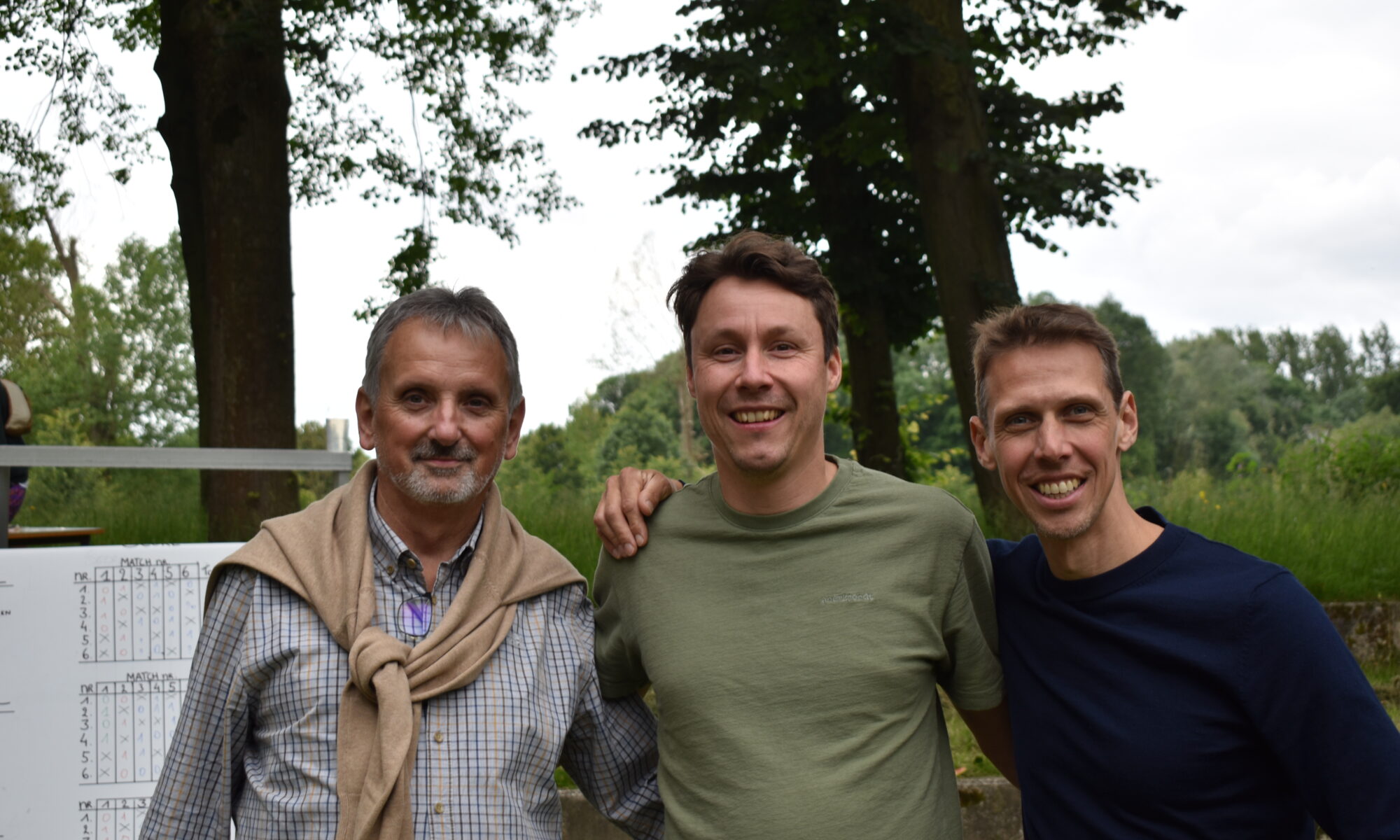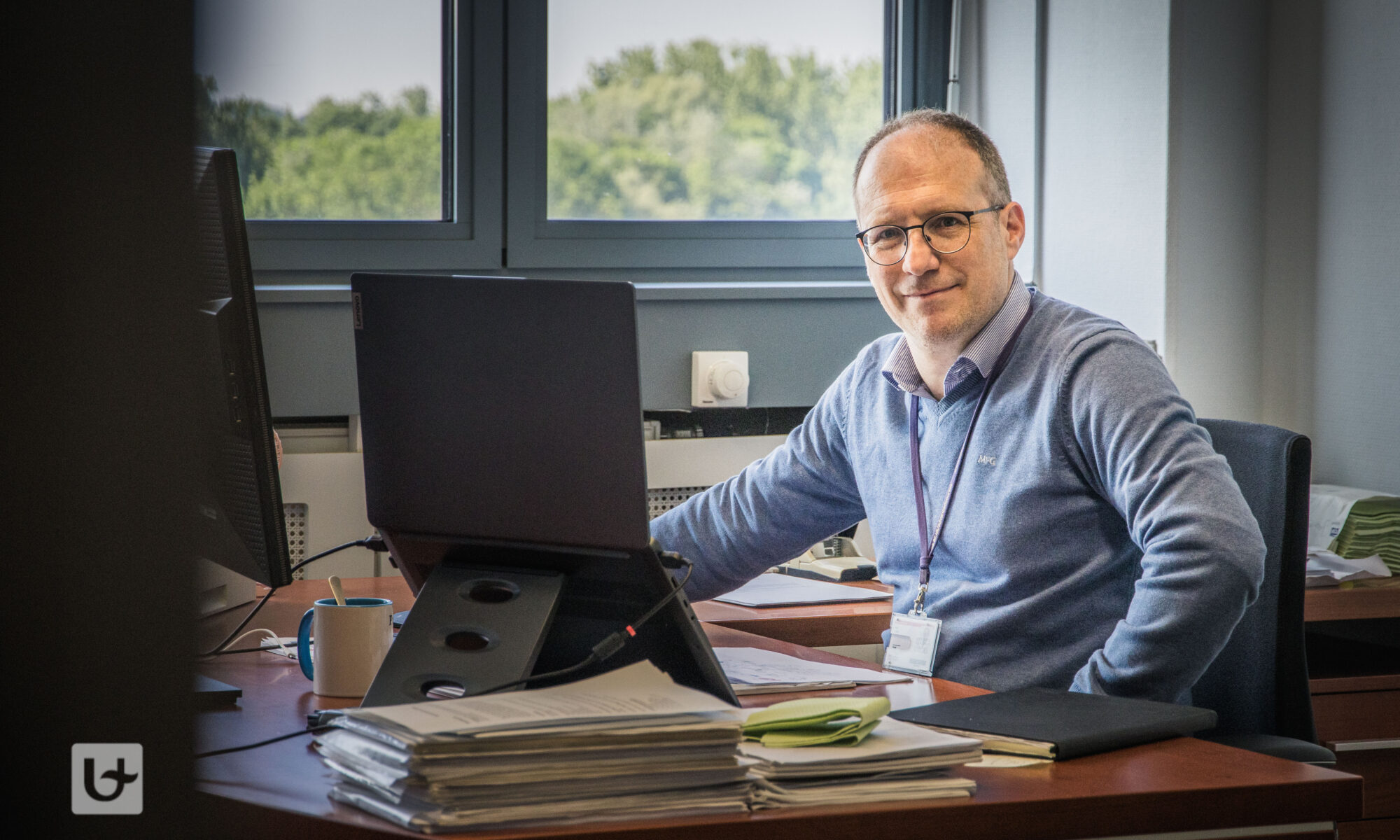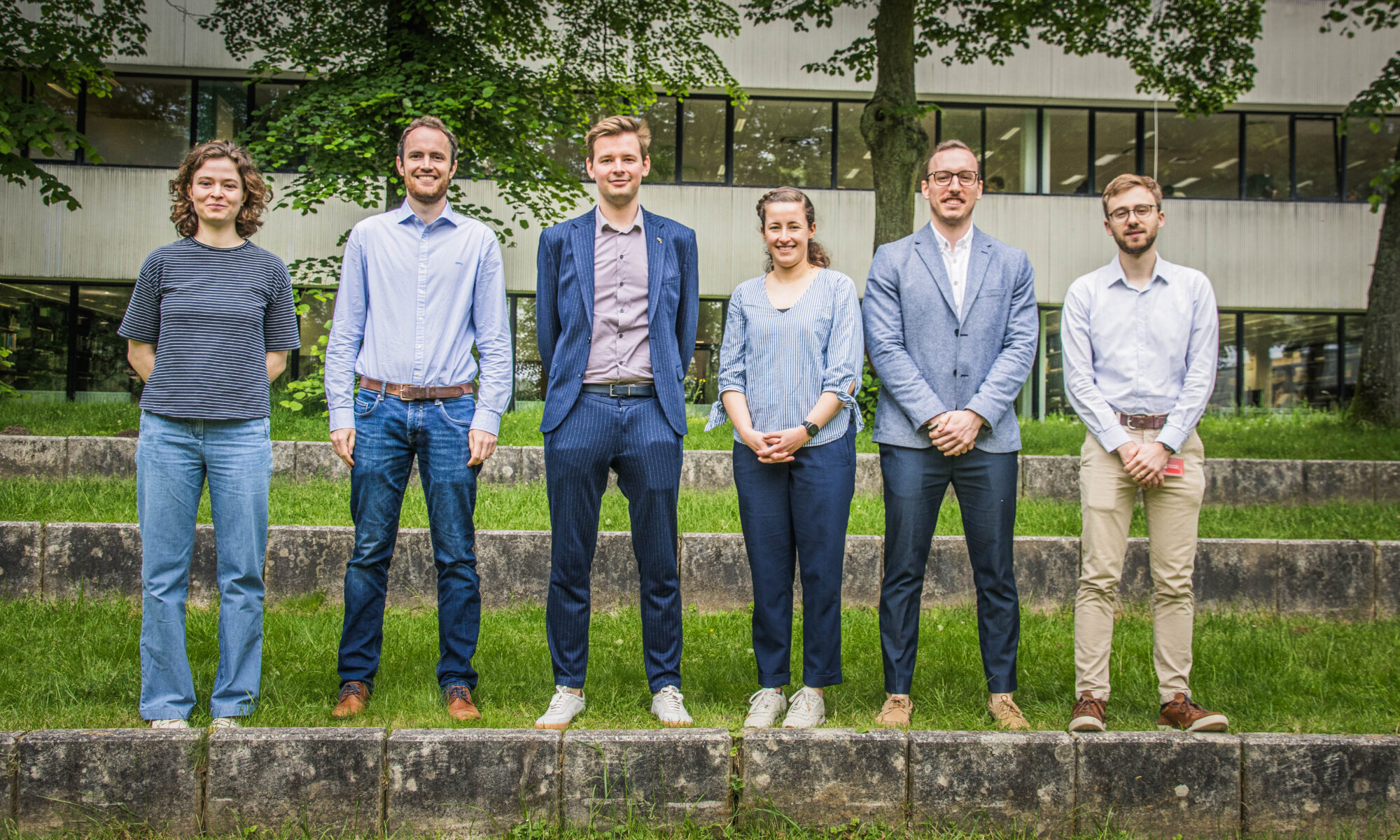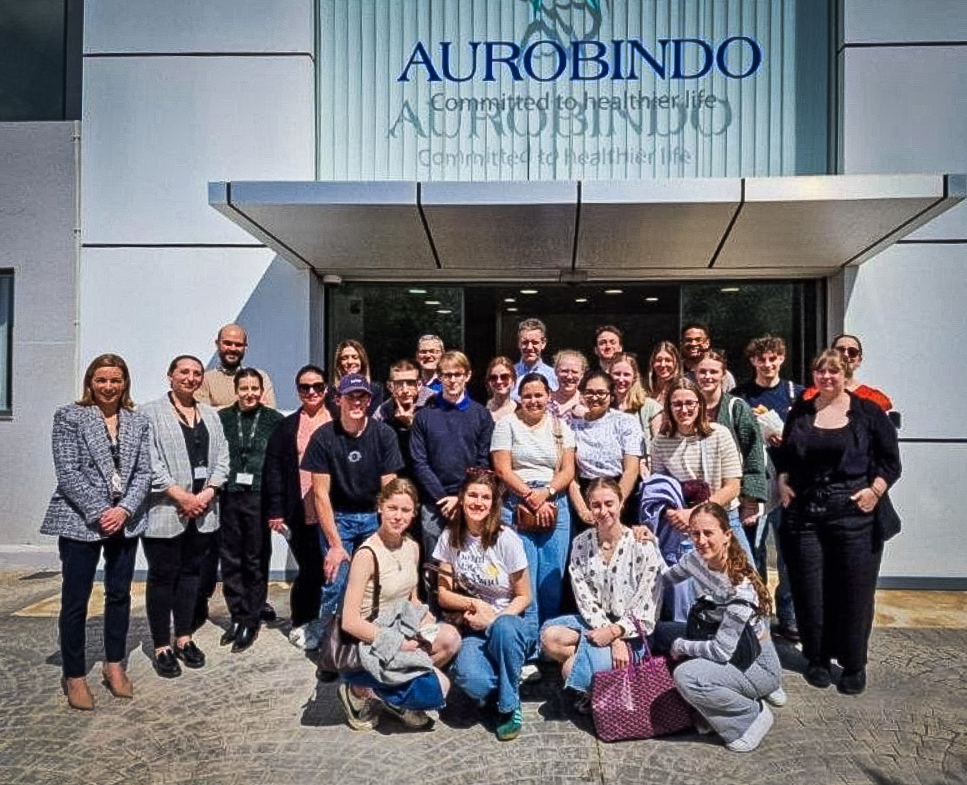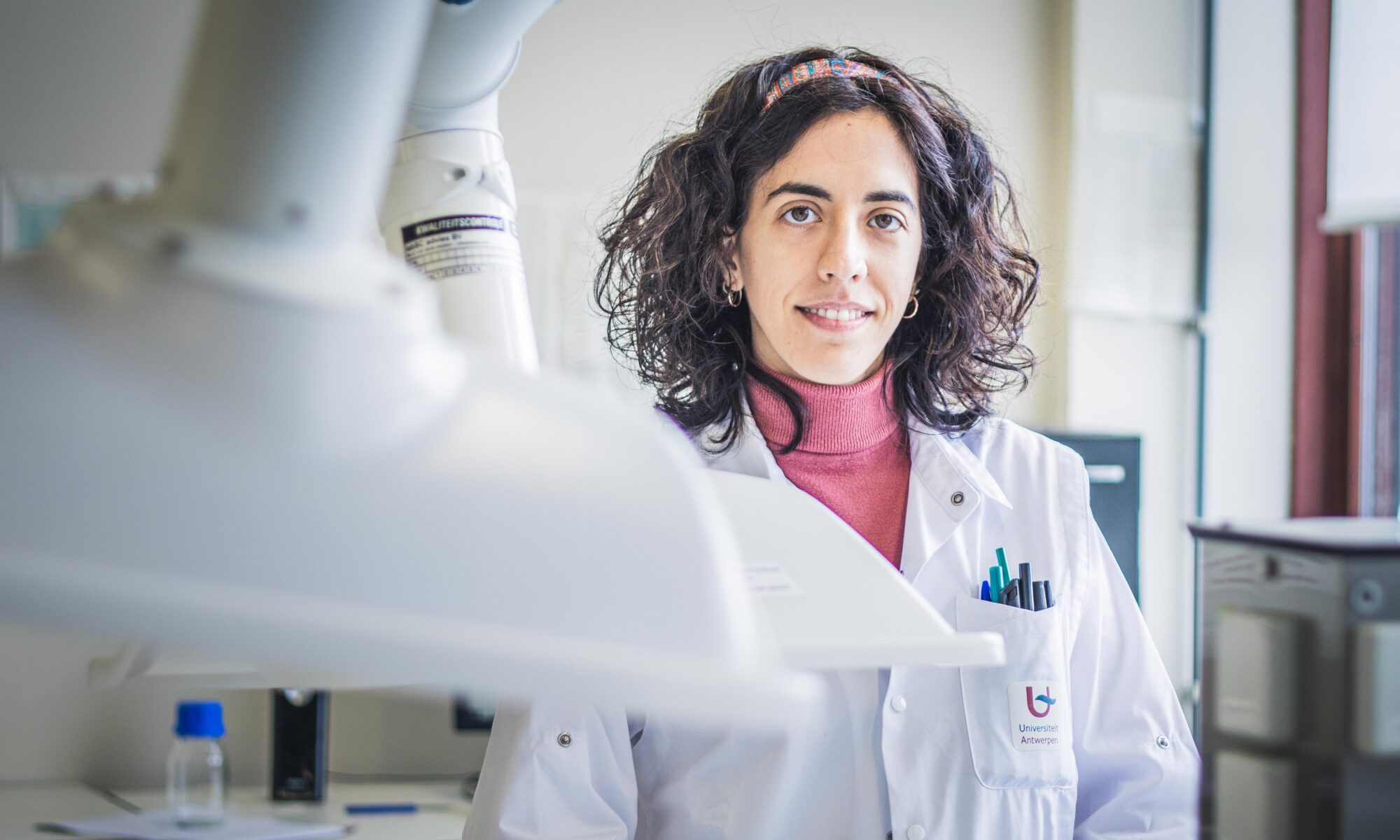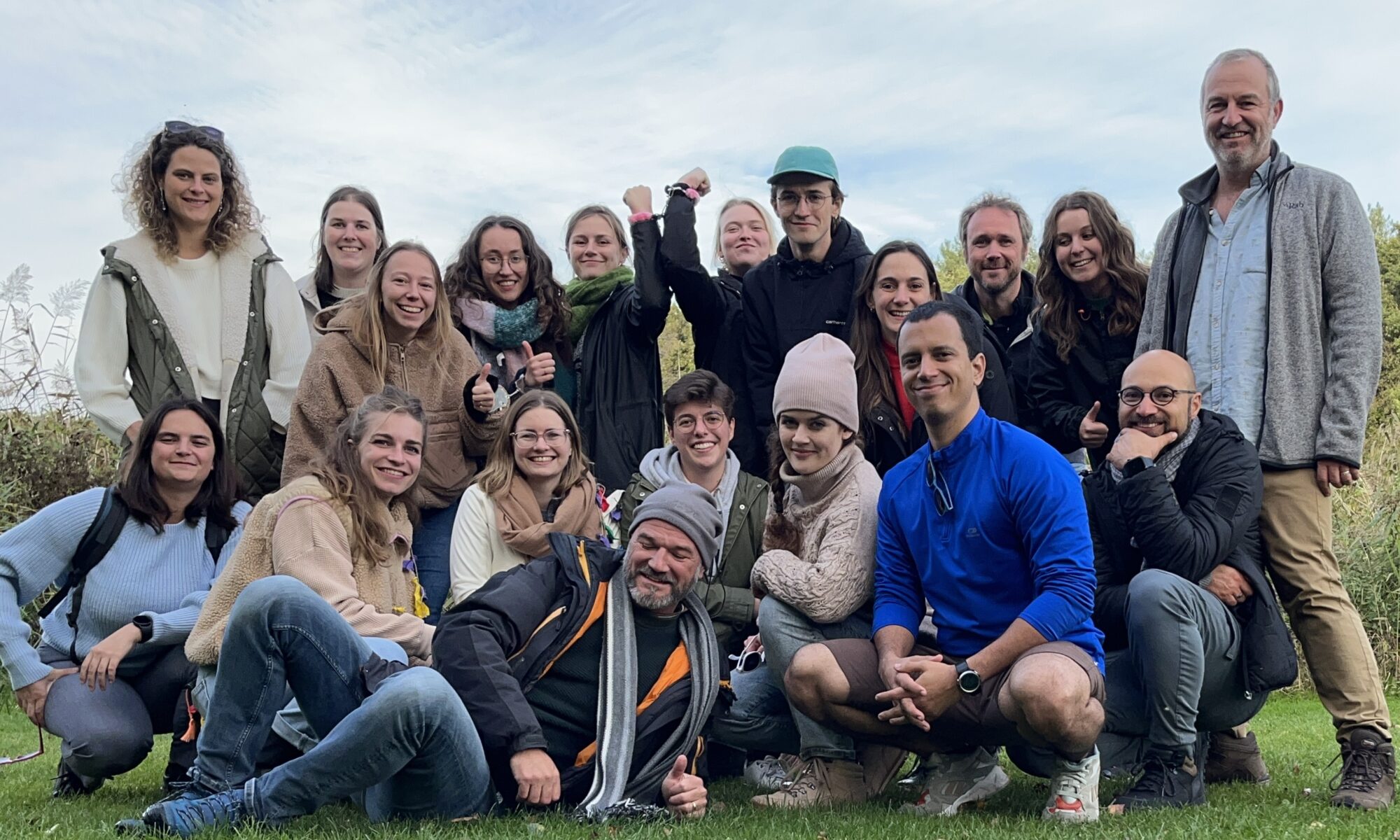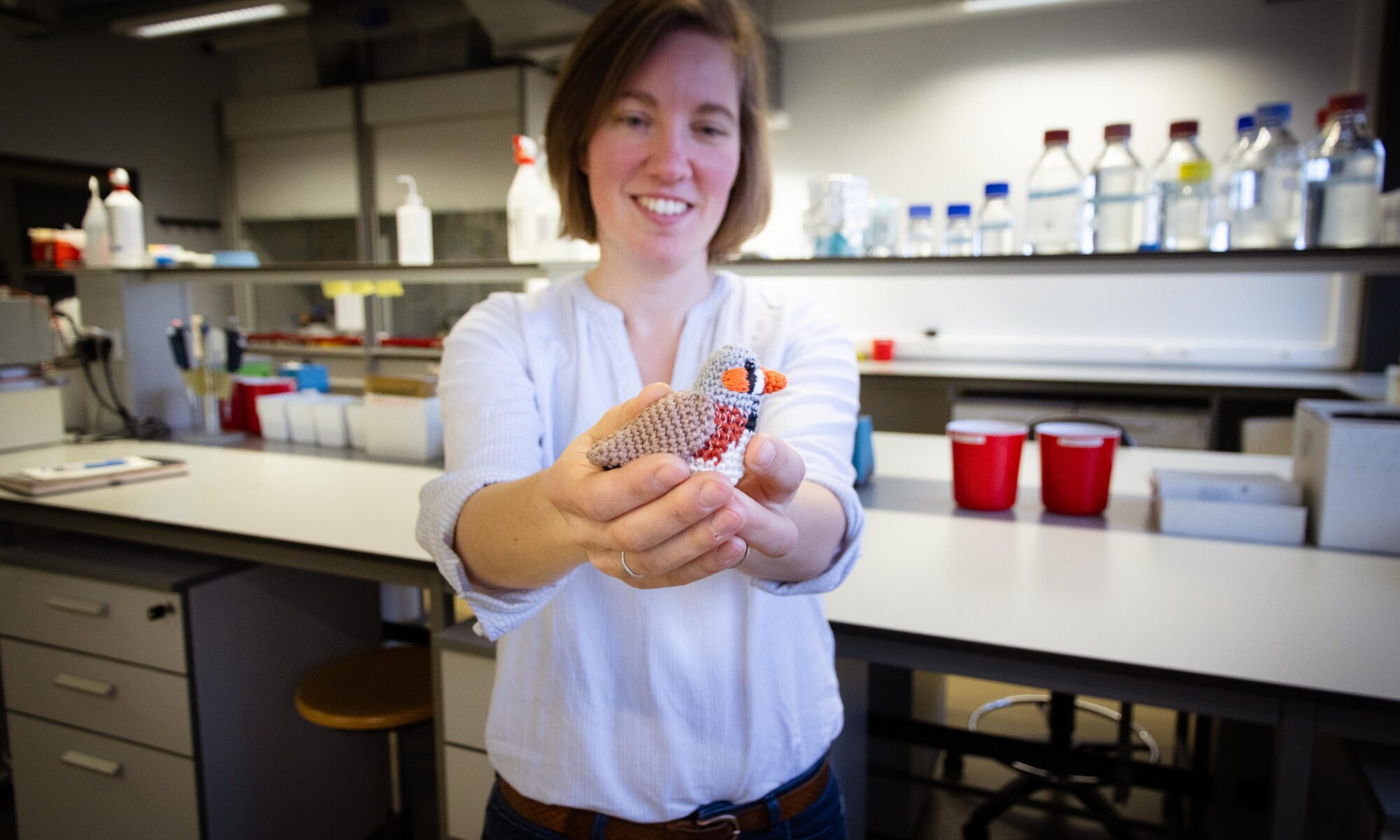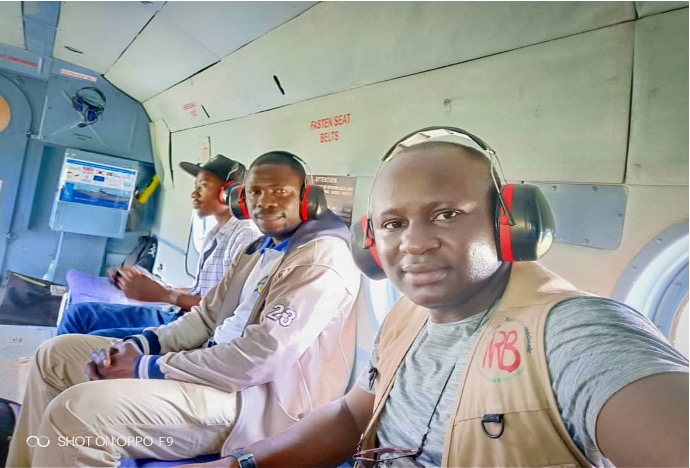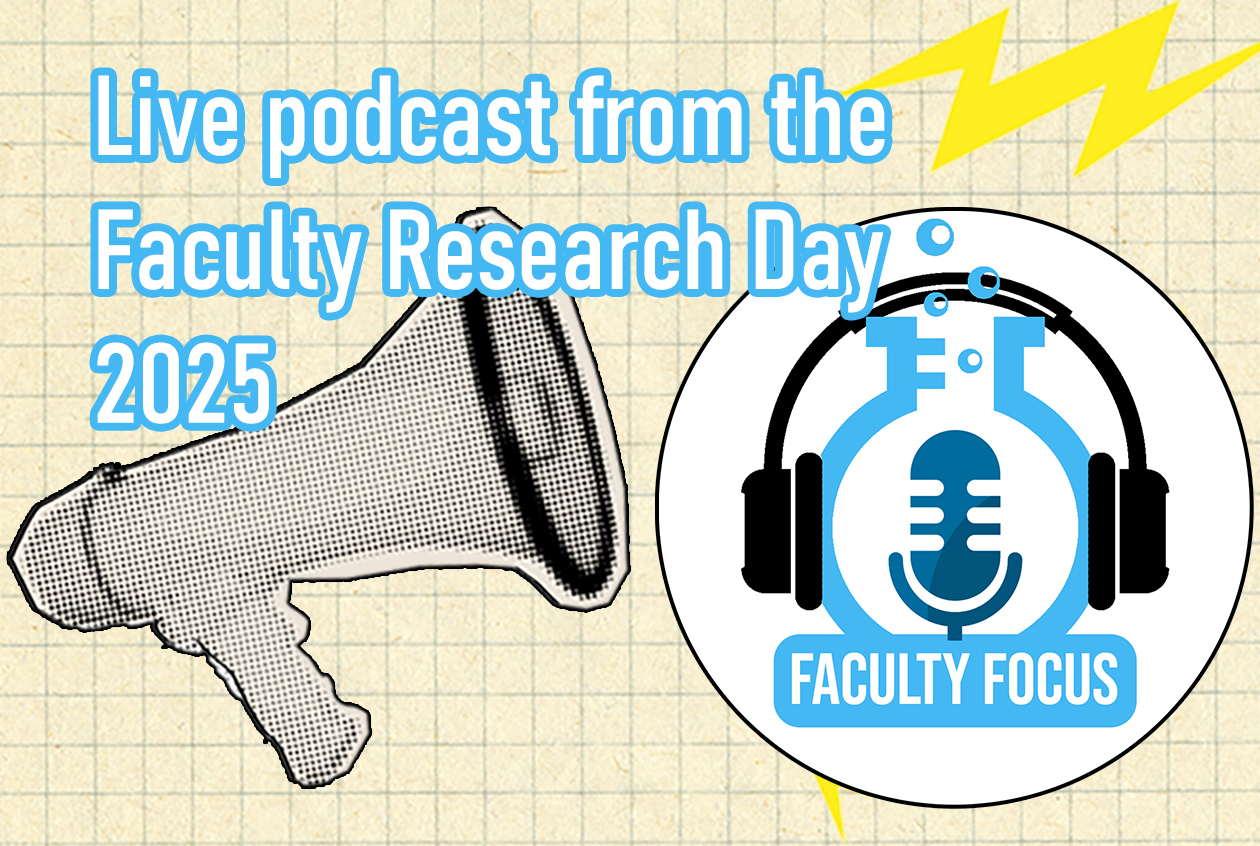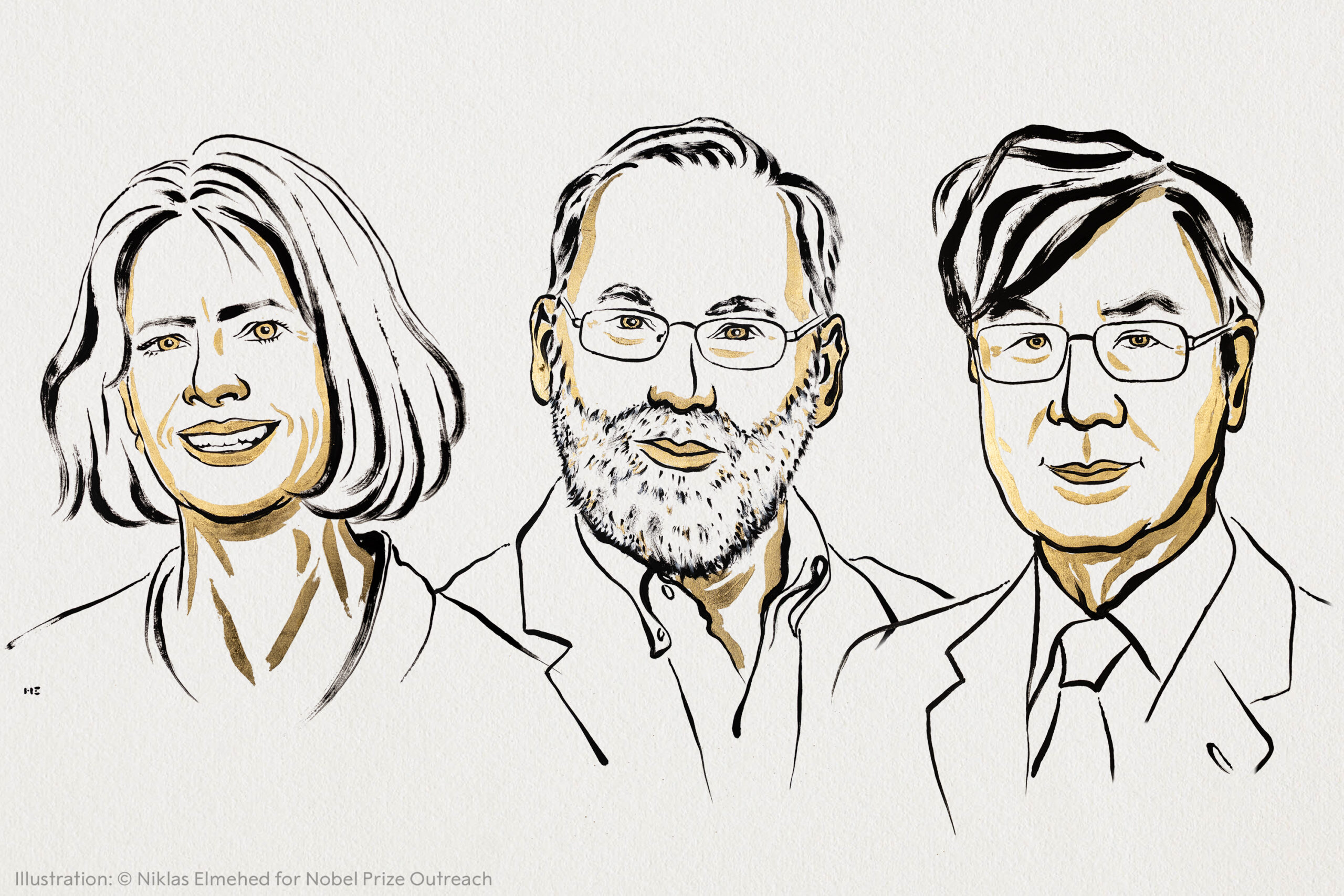A new study by Dr. Peter Verstraelen, Prof. Jean-Pierre Timmermans and Prof. Winnok De Vos from the Laboratory of Cell Biology has revealed novel insights into how gut bacteria might influence our immune system and brain health.
Filter
Recent research by Prof. Guy Caljon and Dr. Laura Dirkx found that Leishmania parasites can enter a dormant state in bone marrow stem cells, making them resistant to drugs. This highlights the need for new treatments to target this phase and improve leishmaniasis management.
The Department of Pharmaceutical Sciences recently showcased the innovative research of its Ph.D. students during their annual departmental research day. This event highlighted a diverse array of projects, reflecting the department’s commitment to advancing scientific knowledge and improving public health.
Ieder jaar reizen de studenten van de derde bachelor farmaceutische wetenschappen een week naar het buitenland in het kader van de Internationale Inleefdagen. Dit jaar ging de reis naar Malta, waar ze een bezoek brachten aan de Universiteit van Malta, een kijkje namen achter de schermen van apothekers en verschillende bedrijven bezochten.
Dr. Vanesa Nozal García, from Valladolid in Spain, works as a postdoctoral researcher at the University of Antwerp. Under supervision of Professor Pieter Van Der Veken in the Laboratory of Medicinal Chemistry, she researches Acute Myeloid Leukemia (AML) and focusses on a new methodology: targeted protein degradation.
As we celebrate this International Women’s Day, we’re excited to highlight the incredible women researchers of the University of Antwerp Cell Death Signaling lab, led by Prof. Wim Vanden Berghe, Prof. Tom Vanden Berghe, and Prof. Andy Wullaert. Their pioneering research explores the complex molecular mechanisms underlying cell death processes in various diseases, offering hope for therapeutic advancements in conditions ranging from cancer to neurodegenerative disorders.
As we commemorate the International Day of Women and Girls in Science, we’d like to recognize and celebrate the invaluable contributions of our women researchers who are leading the way in scientific exploration. From unraveling the complexities of neurological disorders to pioneering advancements in cancer imaging and treatment, these exceptional women are at the forefront of cutting-edge research.
Je hebt meer gemeen met een zebravink dan je op het eerste zicht zou denken. Wetenschapper in de biochemie Jolien Diddens onderzocht voor haar doctoraat aan de Universiteit Antwerpen het belang van DNA-methylatie bij het sluiten van de kritische periode waarin zebravinken hun zang leren. Jolien Diddens studeerde biochemie en biotechnologie aan de Universiteit Antwerpen waar ze in 2012 haar master behaalde. Datzelfde jaar begon Jolien aan haar doctoraat in het labo van prof. Wim Vanden Berghe.
In Antwerp, the Pint of Science festival is brewing, creating a perfect blend of academia and casual pub atmosphere. Pint of Science is a global science communication initiative held annually in 25 countries around the world during the month of May. The premise is simple yet powerful – bringing researchers to local pubs to share their work in an informal and engaging manner. The goal is to break down barriers, make science accessible, and foster meaningful conversations between scientists and the public.
Dr. Daniel Mukadi-Bamuleka is a medical virologist from the Democratic Republic of the Congo (DRC) with over ten years of experience in controlling epidemic diseases such as Ebola, Monkeypox, Measles, Chikungunya, Poliovirus, and HIV. He has been directly involved in coordinating laboratory responses for six Ebola virus disease outbreaks in the DRC, including the deadliest outbreak in the country’s history (2018-2020).
I’m Dr. Ayşe Candayan-Niron, an MSCA-funded postdoctoral researcher in the Molecular Neurogenomics Group. I research Charcot-Marie-Tooth disease, a group of rare inherited disorders affecting the peripheral nervous system. More than 100 genes and thousands of mutations can cause this disease, however approximately 35% of patients still lack a genetic diagnosis. My goal is to bridge this diagnostic gap by finding new genes that can lead to this pathology.
In recognition of the need for gender equality and empowering women and girls in science, the United Nations General Assembly proclaimed 11th February as the International Day of Women and Girls in Science. On this special occasion, let us celebrate the achievements and contributions of some of the remarkable women scientists in our faculty!
Most read
[wpp limit=4 thumbnail_width=200 thumbnail_height=132 cat=’-17′ post_type=’post’ post_html=’
]

